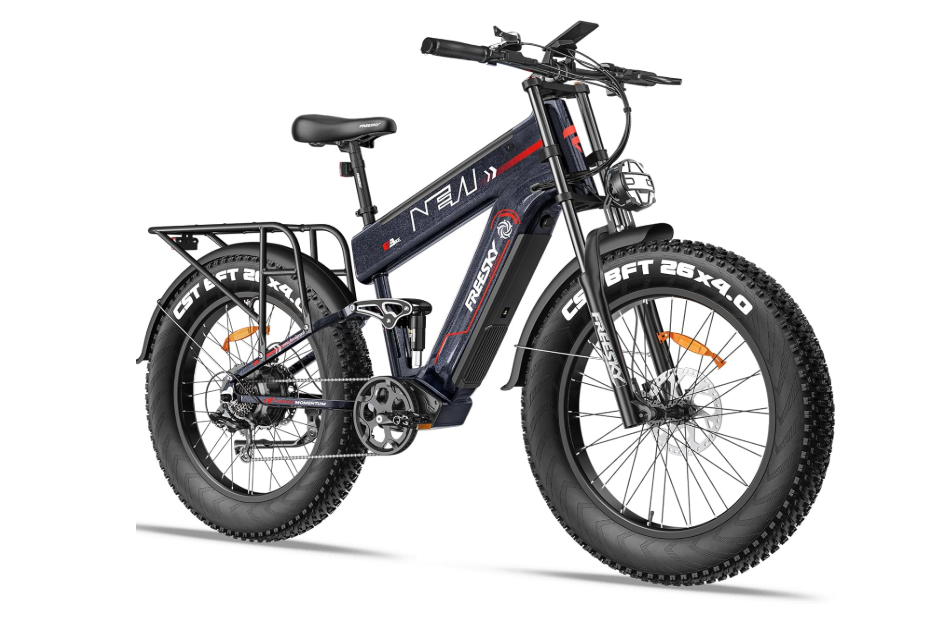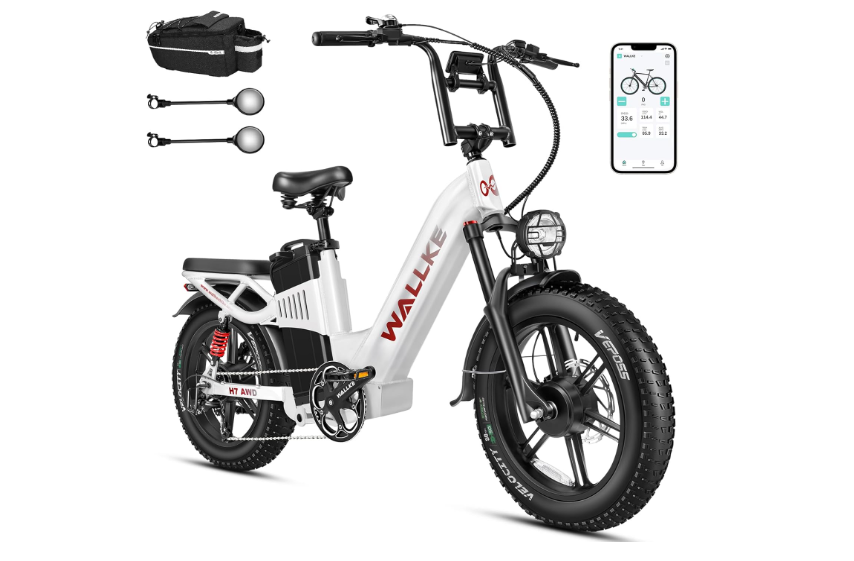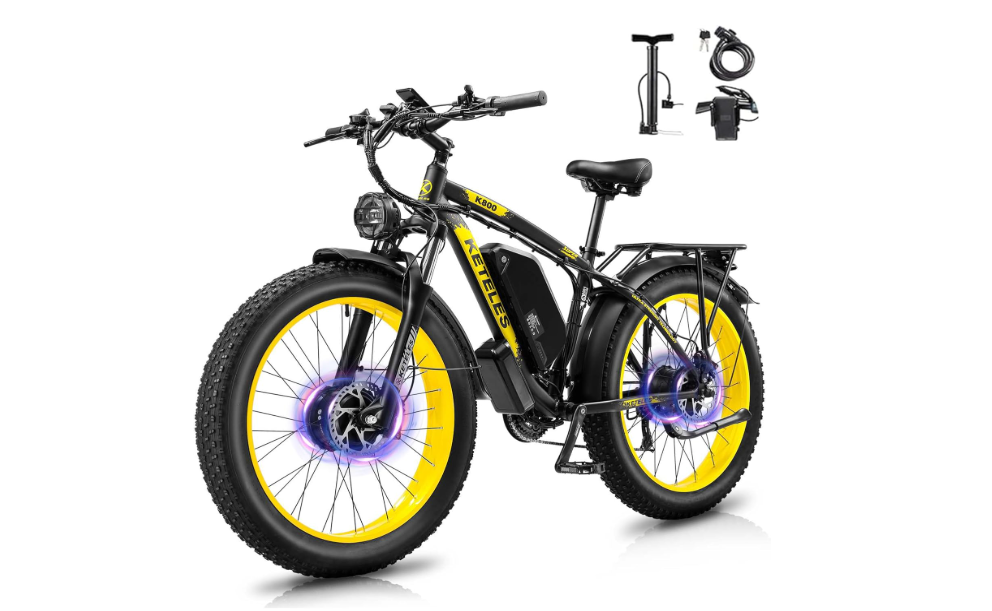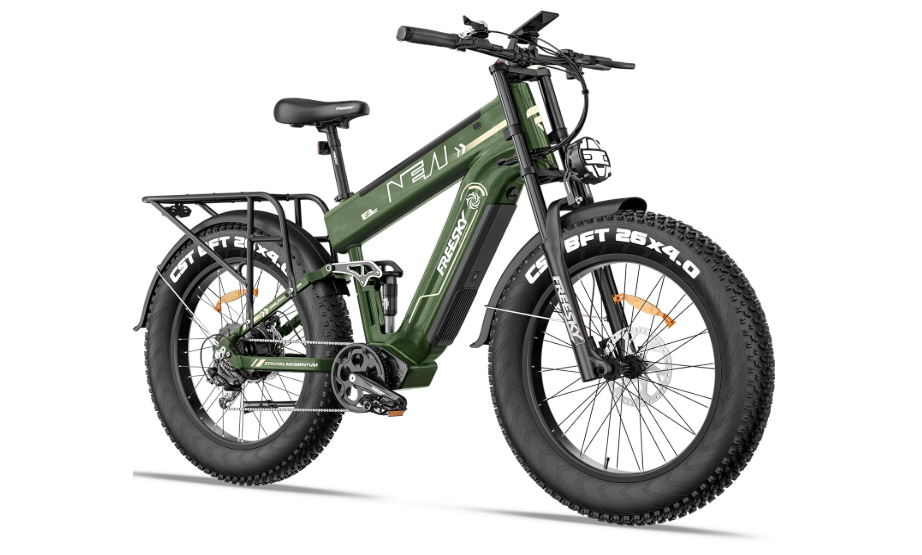
Owning a bike in India comes with the dual responsibility of ensuring its longevity and keeping running costs low.
Regular maintenance is not just about preventing breakdowns; it directly impacts mileage, performance, and overall service expenses.
Proper care can save thousands of rupees over the bike’s lifetime while keeping it safe and efficient.
This guide offers practical, easy-to-follow bike maintenance tips to help riders maximize mileage, minimize service costs, and enjoy a smoother riding experience.
1. Regular Engine Oil Changes
Engine oil is the lifeblood of your bike, keeping the engine components lubricated and reducing friction. Over time, oil loses its efficiency due to dirt, heat, and metal particles from the engine.
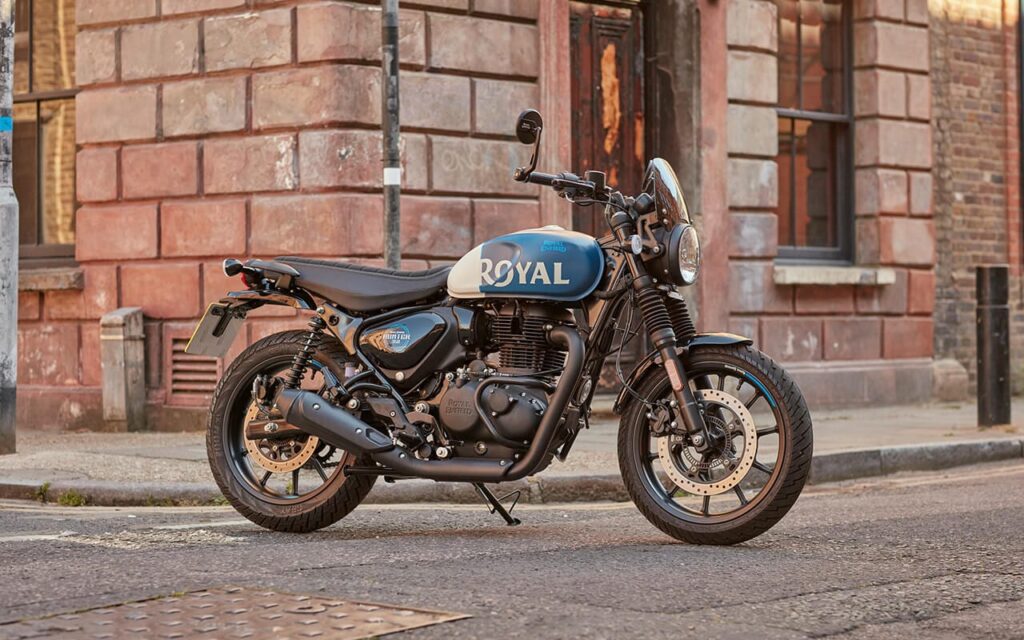
- Tip: Change engine oil as per the manufacturer’s recommended interval—usually every 3,000–5,000 km for petrol bikes and every 2,500–4,000 km for scooters or smaller engines.
- Benefit: Fresh oil improves combustion efficiency, reduces engine wear, and can boost fuel mileage by 5–7%.
2. Maintain Proper Tire Pressure
Incorrect tire pressure is a common cause of reduced mileage and uneven tire wear. Both underinflated and overinflated tires can affect bike stability and fuel efficiency.
- Tip: Check tire pressure weekly using a reliable gauge. Adjust to the manufacturer’s recommended level, which is usually indicated on the tire sidewall or bike manual.
- Benefit: Properly inflated tires reduce rolling resistance, improve handling, and extend tire life, ultimately saving on replacement costs.
3. Clean or Replace the Air Filter
The air filter ensures that only clean air enters the engine for combustion. A clogged or dirty air filter restricts airflow, forcing the engine to work harder and consume more fuel.
- Tip: Clean the air filter every 5,000 km for paper filters or every 2,500 km for foam filters. Replace it if it shows signs of permanent clogging or damage.
- Benefit: Better airflow improves combustion efficiency, leading to higher mileage and smoother engine performance.
4. Chain and Sprocket Maintenance
For chain-driven bikes, the chain is a critical component. A loose or dry chain increases friction, reducing efficiency and accelerating wear on sprockets.
- Tip: Lubricate the chain every 500–700 km with high-quality chain oil. Check tension regularly and adjust if it’s too tight or loose.
- Benefit: Proper chain maintenance ensures smooth power transmission, increases mileage, and prolongs the life of sprockets and gears.
5. Spark Plug Inspection
The spark plug ignites the fuel-air mixture in the engine. A worn-out or dirty spark plug causes misfiring, poor combustion, and reduced mileage.
- Tip: Inspect spark plugs every 5,000–7,500 km. Clean minor deposits or replace the plug if it shows signs of wear or carbon buildup.
- Benefit: Efficient spark plugs improve combustion, reduce fuel consumption, and enhance engine performance.
6. Regular Brake Checks
Brakes are essential for safety, but poorly maintained brakes can also affect mileage indirectly. Dragging brakes or sticky calipers increase friction, causing the engine to work harder.
- Tip: Check brake pads and disc conditions every 3,000–5,000 km. Replace worn pads and ensure that the brake lever or pedal feels responsive.
- Benefit: Smooth brakes enhance safety, reduce fuel wastage, and prevent expensive damage to brake discs.
7. Fuel System Maintenance
The fuel system, including the carburetor or fuel injector, directly influences engine efficiency. Deposits or blockages reduce fuel atomization and combustion quality.
- Tip: Use clean, high-quality fuel and periodically add fuel system cleaner. For carbureted bikes, clean the carburetor every 10,000 km.
- Benefit: A clean fuel system improves combustion efficiency, increases mileage, and prevents engine knocking.
8. Proper Riding Habits
Your riding style significantly affects mileage and service costs. Aggressive acceleration, frequent braking, and high-speed riding increase fuel consumption and wear out components faster.
- Tip: Maintain steady acceleration, avoid unnecessary revving, and shift gears at the recommended RPM. For city rides, avoid sudden braking and jerky starts.
- Benefit: Smooth riding conserves fuel, reduces engine and clutch wear, and extends tire life.
9. Suspension and Shock Absorber Check
Proper suspension ensures even weight distribution and prevents unnecessary strain on tires and frame. Faulty shocks or worn-out suspension parts can lead to poor mileage and uncomfortable rides.
- Tip: Inspect suspension and shock absorbers every 5,000–7,000 km. Replace leaking or worn-out components promptly.
- Benefit: Maintains ride comfort, prevents uneven tire wear, and indirectly helps fuel efficiency by reducing unnecessary drag.
10. Battery Maintenance
A healthy battery ensures proper ignition and electrical system performance. Low voltage or corroded terminals can affect starting efficiency and strain the alternator.
- Tip: Check battery terminals for corrosion and clean them regularly. Maintain proper electrolyte levels in conventional batteries. Replace batteries showing signs of low charge or leakage.
- Benefit: Reliable starting, consistent electrical performance, and reduced stress on the bike’s charging system.
11. Scheduled Servicing
While DIY maintenance is helpful, periodic servicing at authorized centers ensures professional inspection of all critical components.
- Tip: Follow the manufacturer’s recommended service schedule. Modern bikes often have service indicators or reminders for oil changes, valve clearance checks, and other preventive maintenance.
- Benefit: Early detection of potential issues prevents costly repairs, ensures warranty compliance, and keeps the bike running efficiently.
12. Keep Your Bike Clean
Dirt, dust, and moisture can cause rust, corrosion, and wear on moving parts. Regular cleaning prevents long-term damage.
- Tip: Wash the bike every 2–3 weeks and lubricate exposed metal parts afterward. Avoid high-pressure water jets on sensitive areas like the chain or electrical components.
- Benefit: Maintains bike aesthetics, prevents corrosion, and prolongs the life of components like the chain, brakes, and bolts.
Conclusion
Proper bike maintenance is not just about avoiding breakdowns; it directly improves mileage, reduces fuel costs, and minimizes expensive repairs. By following these practical tips ranging from oil changes and air filter cleaning to adopting smooth riding habits you can ensure that your bike performs efficiently and remains reliable for years.
Invest a little time and care today, and your bike will reward you with better performance, higher mileage, and fewer service hassles tomorrow.

